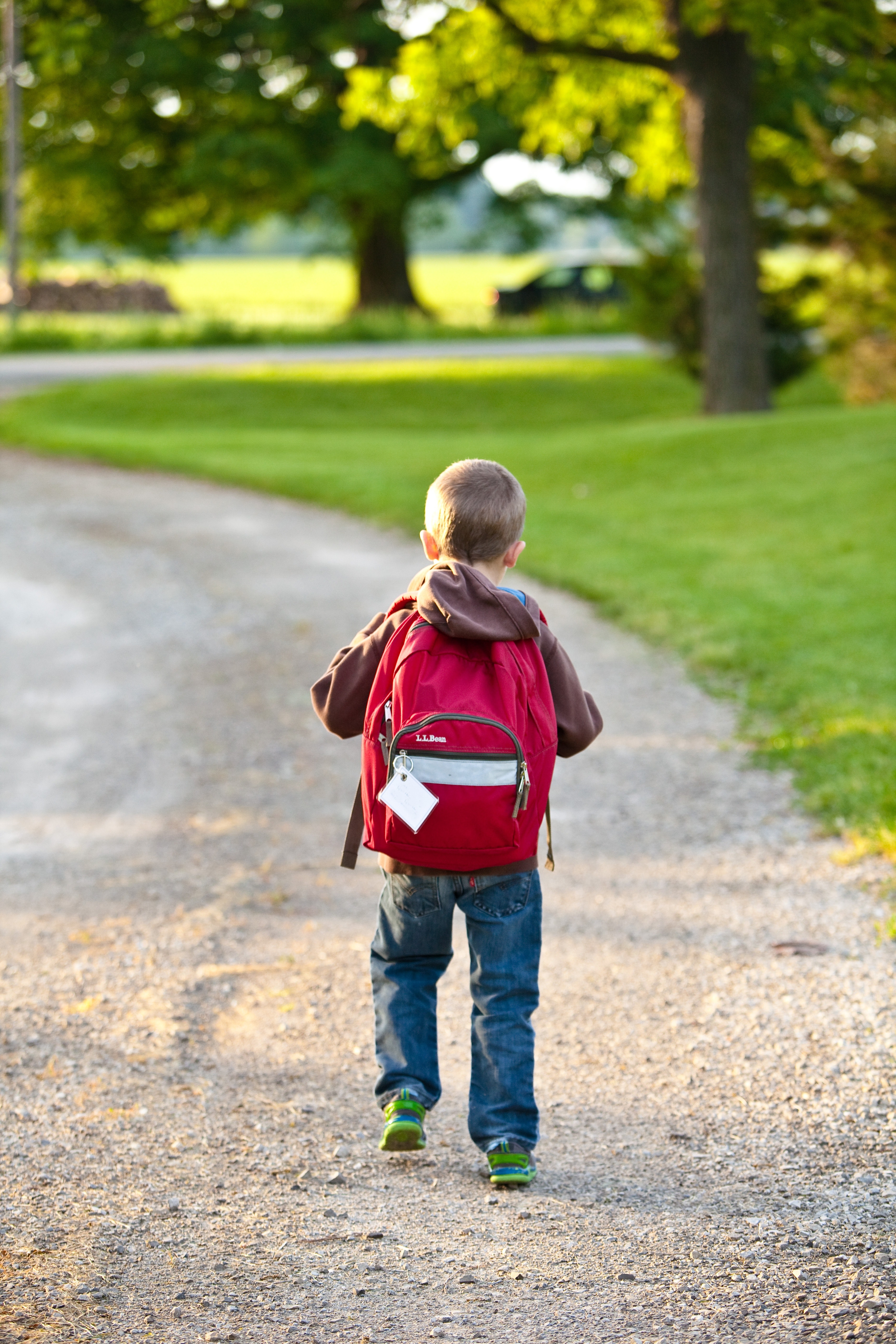
Many families today must move on a regular basis. Your family may need to move often to follow a specific career path. Alternatively, you may be looking to move closer to your extended family or to find a better home. In all of these cases, one of your biggest concerns is to make sure that your child feels comfortable throughout your move. Regularly moving homes can impact your child’s development in three vital ways that can be positive, provided that you put the effort into helping them make the adjustment.
Learning How to Adapt to Changing Environments
A move to a different community requires your child to get used to the layout of their new house. They may also need to change schools, learn how to navigate their way through a new neighborhood and even figure out where they will go to play. While this can be stressful for children, it also teaches them how to adapt to change. This is a vital skill that they will use often as they mature into adulthood.
Catching Up in School
When you look for new homes, one of your deciding factors is likely to be what schools are located nearby. Although your child may struggle some with moving to a new school, choosing a house in a quality neighborhood helps to ensure that they will quickly fall into their new routine and get a good education. Finding a home that you can stay in for at least a full school year or more also helps to minimize any potential negative effects that a move could have on your child’s academic development.
Developing Strong Social Skills
Children begin making friends in their neighborhoods as early as their toddler years. Moving often means that your child sometimes has to say goodbye to their best friends, and this can be hard. However, making new friends is a social skill that your child will also use for the rest of their life. Once you find the right home, be sure to help your child make connections with kids their age in the community.
Helping Kids Adjust to a Big Move
There are both positives and negatives to moving a lot when you are a kid. As a parent, you can help your child adjust by involving them in the entire process. Choose age-appropriate activities that help your child feel in control. For instance, they might go on a home tour with you, or you could visit a park in a desirable neighborhood.
Finding a stable environment for your child helps to reduce any negative effects that moving could have on your child’s development. Make sure to keep the lines of communication open, and watch out for signs that your child is struggling. With a little extra attention, your child will sail through their move and continue to develop normally.


